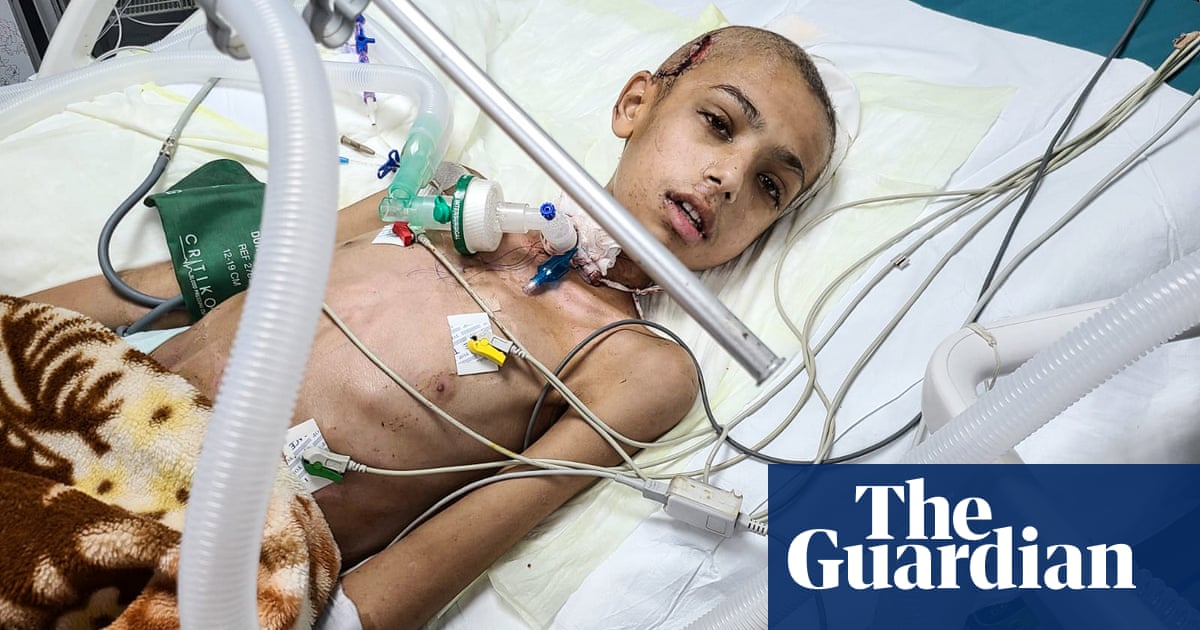
An 18-year-old with mental health issues who took her own life in prison should never have been sent there in the first place, campaigners have said.
The mother of Annelise Sanderson said she believed her death could have been prevented and her daughter had been “just another number” to authorities.
On Friday, an inquest jury in Warrington concluded that Sanderson had died from suicide and noted there had been some failings in her care.
Victoria Davies, the area coroner for Cheshire, said she would not be writing a report to prevent future deaths after she felt reassured the various organisations involved had introduced new processes and “tightened up” existing procedures.
She added: “My sincere hope is that future prisoners will be better supported.”
After four days of hearing evidence, the jury said it was worth noting that Sanderson was in prison during the coronavirus pandemic.
“This impacted a number of procedures and activities,” the jury said. “There appears to be a lack of communication, accessibility and recording of records.”
Sanderson was sentenced in June 2020 to 52 weeks in custody after she assaulted a paramedic who went to her aid when she tried to set herself on fire at a petrol station.
Six months later, on 22 December, she was pronounced dead in her cell at HMP Styal only weeks before she was due to be released.
Sanderson, who made her first suicide attempt when she was nine, “seemed like a lost soul” during her first time in an adult prison, her mother, Angela Gray, told the inquest.
“She said she didn’t know who she was, where she was or what she was doing there. She was scared.”
The inquest heard Sanderson became upset on 21 December after a row on the phone with her girlfriend.
Kerry Burgin, a former inmate, said Sanderson later asked her to practise a dance routine they were due to perform on Boxing Day. She told the court Sanderson was the “life and soul” of their dormitory” and that her death was a “complete shock”.
After the inquest, Gray said she believed her daughter’s “incomprehensible and devastating” death could have been prevented.
Gray added: “Over the course of this week we have seen for ourselves how Annelise was treated in prison. She was just another number to them. Her mental health issues were seen as bad behaviour, and when she withdrew into herself she was just left to her own devices.
“She fell through the cracks despite asking for help from people who should have kept her safe. The past few days have been painful and enraging.”
Deborah Coles, the executive director of the campaign group Inquest, said society could not continue to lock up young women in obvious need of care and support.
“Annelise had a history of trauma and the mental ill-health that often accompanies this,” said Coles. “She deserved our understanding, care and support. Instead, she was viewed as a discipline and control problem by our public services. The fundamental question for all of us, is why was she sent to prison in the first place?”
Since Sanderson’s death, the mental health budget for HMP Styal had tripled to £1.5m, Cheshire coroner’s court heard.
Greater Manchester Mental Health NHS foundation trust had also introduced a new key worker system that included weekly welfare checks for more complex prisoners, an a senior psychologist now worked two a week at the prison, while the waiting list for GP appointments had significantly reduced, the court was told.












